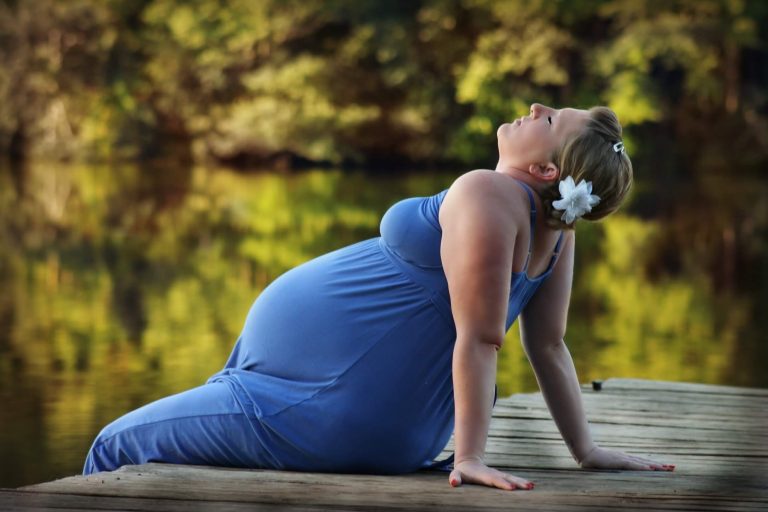

LOWER BACK PAIN DURING PREGNANCY

Once the euphoria of finding out about your pregnancy is over, the questions and doubts begin to set in. You will want to know what happens to your body week by week and you will have doubts about what you are experiencing being part of ‘the norm’ or not. And the questions could get even more intense in case you are carrying twins or more! What you should eat, how much weight you should gain, what exercises you should do…..the list of questions could go on endlessly.
You will need to learn everything you can about the things you are going to experience through the pregnancy, so you can know when something abnormal is happening to your body. Books can be a boon at this point.
One of the things you will experience will be back pain; it might start off as just a tightening in the back muscles in the early stages. As the body prepares for the baby’s delivery, your joints and ligaments in the pelvic area start to loosen up under the influence of the hormone relaxin for the natural birthing process. The hormone also makes the ligaments that support the spine to loosen up, creating symptoms of pain and instability. All these changes come together collectively to cause lower back pain, a pregnancy symptom that’s experienced by 50% of all pregnant women.
Lower back pains can start as early as towards the end of the first trimester and present as a slight ache in the initial stages. But as the pregnancy progresses and you gain about 12-15kg weight, it changes your posture and centre of gravity and puts a lot of stress on the spine which has to bear the extra weight; thus lower back pains at the base of the spine are to be expected in the second half of the pregnancy. It’s a sign that things are going well and your baby is growing so take it in stride (with a pinch of salt!). There are some things you can do however to relieve the back pain without resorting to medications.
Exercise helps in strengthening as well keeping the muscles flexible, thereby easing the stress on the spine. Swimming, brisk walking and stationary cycling are great for your back and abdomen.
Alternatively, you could try using a hot and cold compress to your back to alleviate the pain for periods of 15 minutes several times a day. But be careful to avoid the front of the abdomen.
Working on improving your posture, shoulders straight, chest pushed out and back straight will help in the long haul. Put a rolled-up towel behind the back when sitting and between the knees when sleeping.
Studies have shown that acupuncture also works effectively in controlling lower back pain during pregnancy. Other tips include sleeping on your side, avoiding heels and squatting to pick up things at ground level, rather than bending over.
If the pain still persists, show a doctor!














